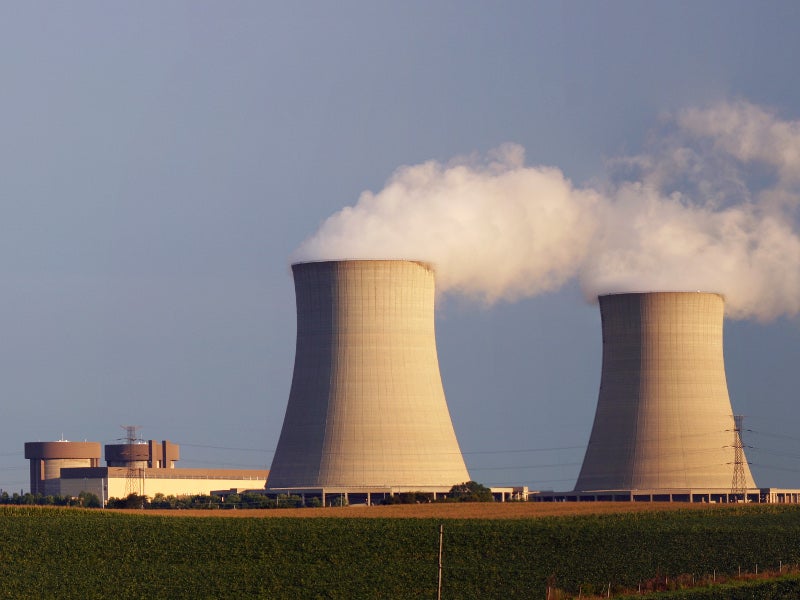
Nuclear consumers across the world must shift supply chains away from reliance on Russian nuclear fuel, a US Department of Energy (DOE) official has said.
Kathryn Huff, assistant secretary on nuclear at the DOE, told Reuters at a nuclear summit in Brussels that the countries attending the summit jointly tried to identify the amount of investment needed to support the fuel supply chain.

Discover B2B Marketing That Performs
Combine business intelligence and editorial excellence to reach engaged professionals across 36 leading media platforms.
“The $2.7bn is the US part of that contribution… It is a historic step in the fuel supply chain but of course we see an opportunity to go further,” she said.
The Biden administration signed a bill this month approving $2.7bn in US funding for domestic fuel production. Domestic fuel production will include uranium fuel enrichment such as high-assay low-enriched uranium (HALEU) fuel that can be used in high-tech nuclear plants.
Huff encouraged other nations that use nuclear to move to these “trusted sources rather than sources that could leverage supply against them, like Russia”.
The US is currently the world’s largest producer of nuclear energy but relies on Russia for 20% of its enriched uranium. Russia’s state-owned nuclear company, Rosatom, supplies 17% of the world’s nuclear fuel.

US Tariffs are shifting - will you react or anticipate?
Don’t let policy changes catch you off guard. Stay proactive with real-time data and expert analysis.
By GlobalData“(It is) a dependency we urgently need to divest ourselves from. We are looking at a way to begin import restrictions from Russia,” said Huff.
Many of the US’s operational nuclear reactors are reaching the end of their 40-year lifespan. So far, only six have been approved to extend operations to 80 years.
The US is already moving to produce domestic nuclear fuel. A pilot programme in Ohio produced HALEU last November.
Congress is also looking to cut imports of Russian uranium, according to the US Secretary of Energy Jennifer Granholm, in a ban that would free up funding to develop the domestic nuclear fuel market.





